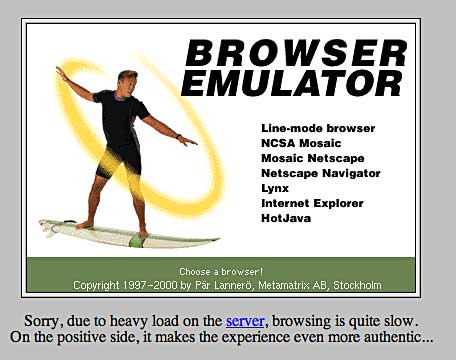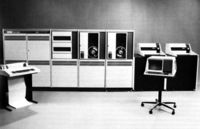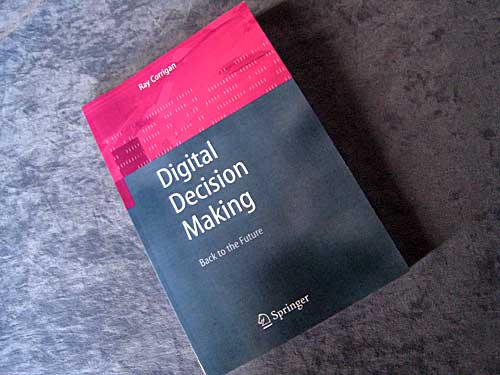Ed Felten has some interesting thoughts about why Universal was threatening to pull out of iTunes…
The political implications of Universal’s threat are pretty interesting. For years the major record companies have been arguing that the Internet is hurting them and that policymakers should therefore intervene to protect the majors’ business. iTunes’ success has supplied the major counterargument, suggesting that it’s possible to sell lots of music online.
Walking away from iTunes would cause a big political problem for Universal. How could Universal keep asking government to prop up its online business, when it was walking away from the biggest and most lucrative distribution channel for digital music?
And it’s not just Universal whose political pull would diminish. The other majors would suffer as well; so to the extent that the majors act as a cartel, there would have to be pressure on Universal not to pull out of iTunes.
Most likely, Universal was just bluffing and had no real plan to cut its iTunes ties. If this was a bluff, then it was most likely Apple who leaked the story, as a way of raising the stakes. It’s bluff having failed, Universal is stuck doing business on Apple’s terms.
One can’t help wondering what the world would be like had the majors moved early and aggressively to build an online business that customers liked. Having failed to do so, they seem doomed to be followers rather than leaders.
That last paragraph echoes my own puzzlement ever since Napster appeared in 1999. The record companies could have had it all to themselves. Why didn’t they see the potential of the Net?
Here are some candidates for an explanation:
1. They were managed by troglodytes.
2. Their top management didn’t understand the technology. Those who did were too far down the management chain.
3. Their senior management was dominated by lawyers and accountants — who were viscerally obsessed with intellectual property and ‘assets’.
4. Their senior management was remunerated and incentivised in terms of the old business model — which was about ‘shipping atoms in order to ship bits’ (as Nicholas Negroponte used to put it). So their only interest lay in selling discs.
5. The economics of the CD business meant that selling singles (‘tracks’) became uneconomic — so the industry focussed on forcing customers to buy albums. But the demand for tracks was always there — it was just that the industry didn’t see an economic way of meeting the demand. So it left a huge demand unsatisfied. Eventually something cropped up which could supply tracks: it was called Napster.
On reflection, I don’t really believe 1, much as I’d like to. So we’re left with some combination of 2 to 5. Or have I missed something?





